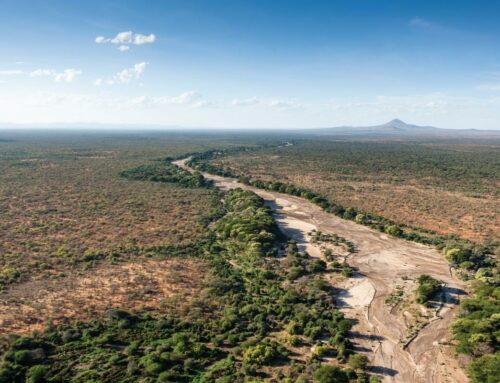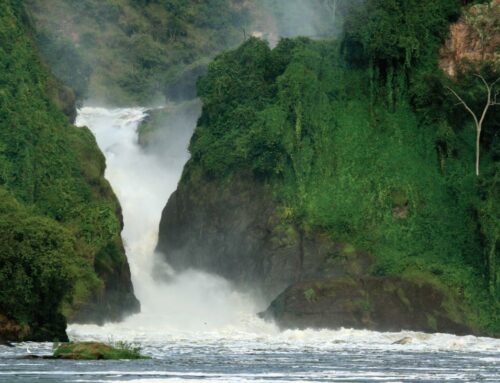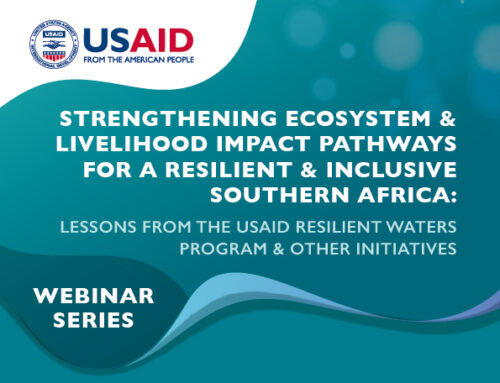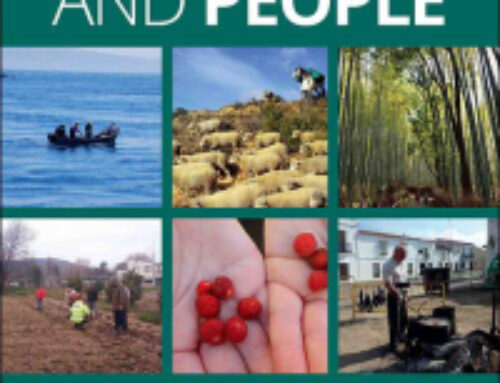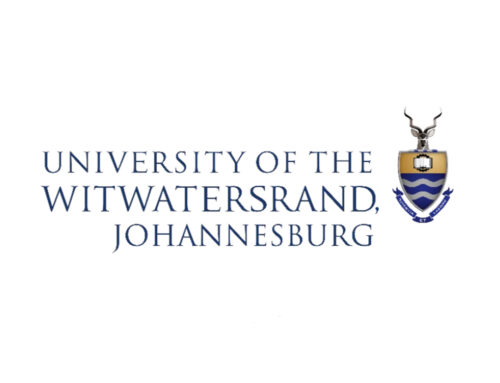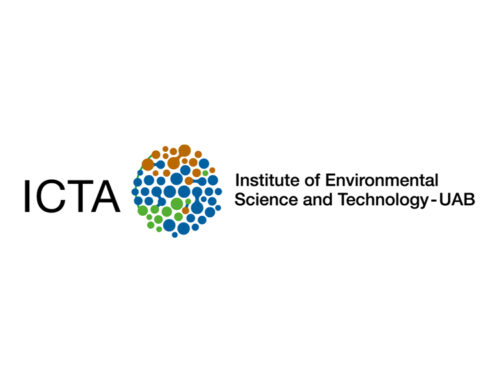Project overview and responsibilities
A PhD in the field of rangeland rehabilitation is being offered by the Department of Environmental Science at Rhodes University, as part of a Global Environment Facility funded sustainable land management project in South Africa (GEF5-SLM). The PhD involves researching and assisting with the implementation of best practices in rangeland rehabilitation in degraded communal-rural rangelands in the Eastern Cape and possibly abroad. The research forms part of the broader GEF5-SLM project being implemented at three main sites in South Africa: Macubeni and the Baviaanskloof in the Eastern Cape, the Olifants catchment in Limpopo Province, and in the Karoo.
The GEF5-SLM project has four overarching objectives:
1) Improved natural resource management in degraded communal and commercial agricultural landscapes through climate and ecosystem smart land rehabilitation and management practices;
2) Improved technical capacity for management of land degradation risks, uncertainties and impacts. This objective involves training workshops held with government officials at all levels as well as local farmers and community based institutions and organisations;
3) The creation of an enabling environment for accessing the carbon market under new tax laws in South Africa, to create incentives for Sub-tropical Thicket related rehabilitation and sustainable land management;
4) Creation of governance and financing frameworks at national to local government levels to facilitate the mainstreaming of SLM in South African land-use and management policies and programmes.
The rehabilitation PhD feeds into objective 1 of the GEF5-SLM project and requires adherence to several deliverables, in addition to achieving the expectations of a PhD at Rhodes University:
1) A comprehensive literature review of rangeland rehabilitation and monitoring practices and programmes that may be suited to the degraded communal rangeland environments that comprise the project areas;
2) Baseline mapping and characterisation of the extent, types and degrees of rangeland/ecosystem degradation at the different project sites;
3) Field-based experimentation and training in different rehabilitation practices identified from the literature review under point 1. This output requires a lot of time in the field and engagement with local landowners and land managers;
4) Help develop a participatory field-based monitoring programme for rehabilitation activities that have been or shall be implemented, as identified from the literature review under point 1;
5) Contribute to the development of technical guidelines on best practices in rangeland management and rehabilitation in communal lands, using the project site as a case study.
The project period is from September 2016 – September 2019 and total allocated funding is R120 000/annum bursary and R50 000/annum for running costs.
A suitable applicant will be selected based on the quality of an updated CV and a short essay (no more than 3 pages, 1.5 line spacing) on how rangeland rehabilitation training and implementation in communal rangelands could contribute to SLM in the Eastern Cape of South Africa.
Please send the aforementioned to Rebecca Powell: rebeccajoub@gmail.com by the 29th August, 2016.







